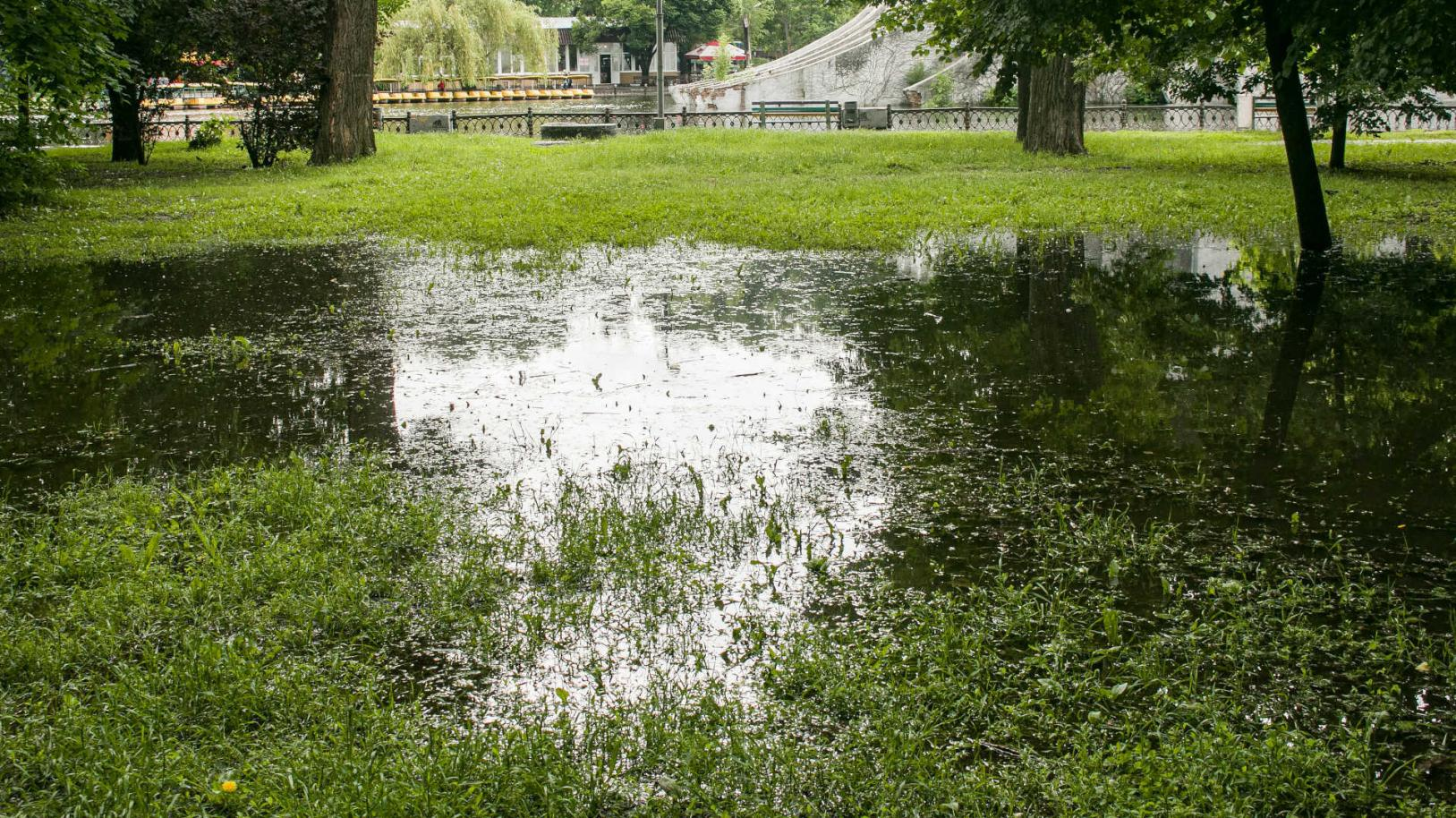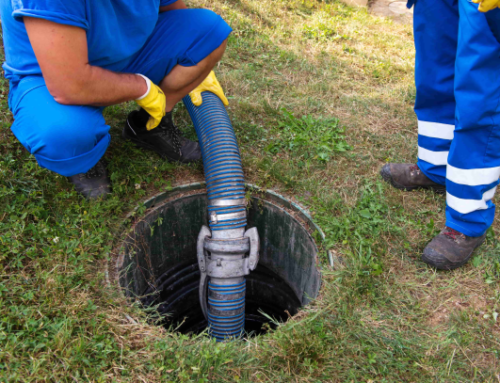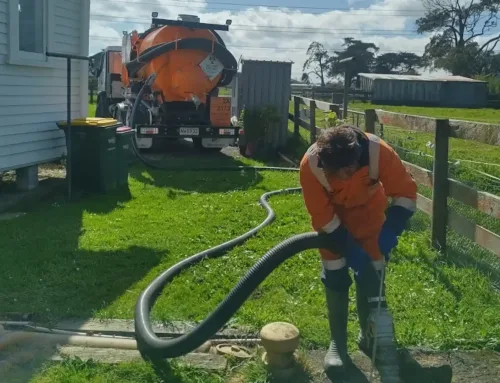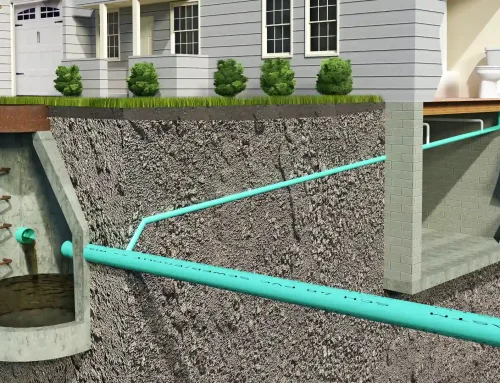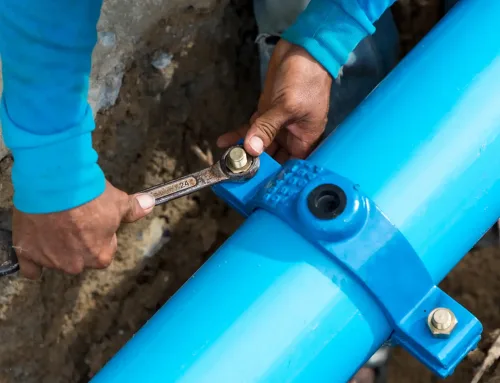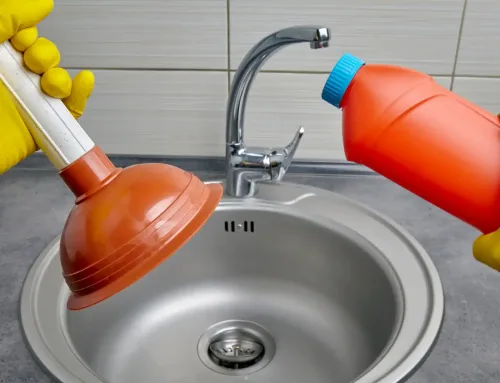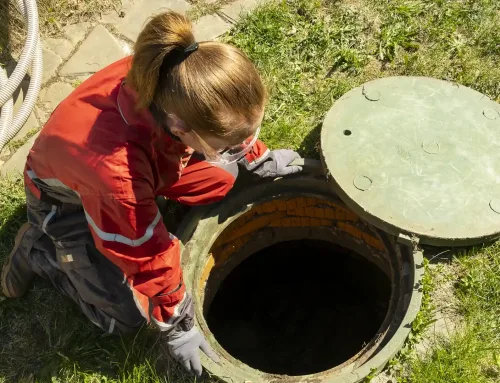Can Rainwater in Your Septic Tank be a Problem?
The winter season brings lots of rain, which can cause serious problems with your septic tank. Excess rainwater can cause a septic tank to become a health hazard, spreading disease and contaminating water sources. We explore what impacts rainwater and flooding can have on a septic tank system and what you can do to protect yours below. Read on to learn how rainwater in a septic tank can cause problems.
How does rain affect the septic tank?
Normally, the liquid material in a septic system (effluent) flows through the drain field for purification before being dispersed into the soil. When it rains, the soil fills with water. The excess water limits the drain field’s ability to release liquid, leading to dangerous levels in the tank. If this happens, septic waste could begin backing up in drains and overflowing on the lawn.
How do I know if my septic tank is flooding?
It can be difficult to tell if your system has flooded due to excessive rainwater. The signs are similar to a blocked pipe or a system that needs pumping. You may have a problem if you have recently experienced heavy rain and noticed your drains are sluggish, backing up, or gurgling. The same applies to your toilet draining slowly; it’s time to call in the experts!
How do I prevent rain from flooding my septic tank?
You can take precautions before the rain hits to prevent issues with your septic tank. The best thing you can do is keep the tank regularly maintained. Pumping the septic tank or getting a septic tank service every 3-5 years will keep the solid side of the tank from overflowing into the liquid side where the soil drains. Keep heavy vehicles away from the area. Cars and other vehicles can compact the soil around the drain field, decreasing the area’s absorption. When it’s raining, avoid heavy water usages, such as long showers, baths, and laundry.
If my tank floods, how do I fix it?
If you suspect your tank may have flooded, it’s best to let the experts deal with it. Pumping the tank may seem like a good idea, but when the tank is unnaturally full of water, pumping can cause damage. The problem is not the septic tank but the saturated soil in the drain field. The best action is to quit using the system until the flooded water recedes and the soil around the drain field area dries out.
Reduce the amount of water in the soil by rerouting rainwater from your roof gutters away from the drain field. Stop using the garbage disposal and dishwasher. Do not run water while brushing your teeth. Once dried out, your habits can return to normal.
Don’t wait till it’s too late. Schedule a regular septic tank clean with Streamline.
Do you need help with wastewater maintenance? Streamline Environmental and Drainage can help. If problems with your septic system go unnoticed, they could lead to back-ups or leaks that could warrant a complete replacement, costing you thousands of dollars! We offer industry-leading septic tank servicing and cleaning, following the best practice for every client. Get in touch with us today to discuss your septic tank needs.
